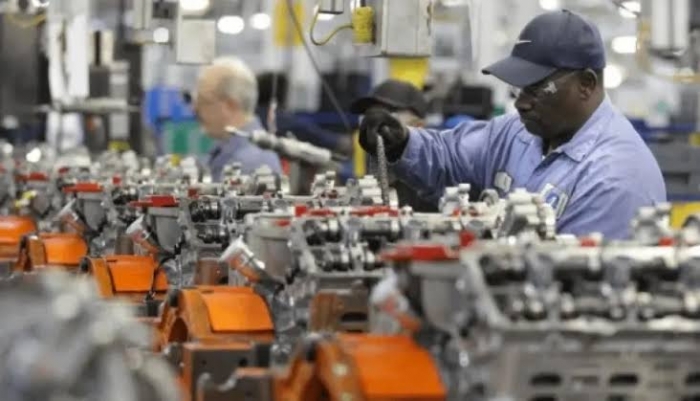Nigerian manufacturers are struggling under the weight of escalating energy costs, which now consume approximately 40% of production expenses, according to industry leaders.
Total expenditure on alternative energy sources reached N1.11 trillion in 2024, marking a 42.3% increase from N781.68 billion in 2023, as revealed by Manufacturers Association of Nigeria (MAN) Director General Segun Ajayi-Kadir in the association's economic review for the second half of 2024.
"Unreliable grid power and increasing diesel and PMS prices have forced manufacturers to significantly increase spending on alternative energy," Ajayi-Kadir explained. "Expenditure rose from N404.80 billion in H1 2024 to N708.07 billion in H2 2024, representing a 75.0% increase."
Sector-specific impacts were substantial, with the Food, Beverage & Tobacco sector's alternative energy spending rising to N229.41 billion from N182.76 billion in 2023. The Chemical & Pharmaceutical sector saw costs double to N208.68 billion, while the Non-Metallic Mineral Products sector experienced a 33.7% increase to N118.49 billion. Most dramatically, the Textile, Apparel & Footwear industry's energy costs quadrupled to N26.45 billion, up from N6.97 billion in 2023.
Despite electricity supply improving to an average of 13.3 hours daily in 2024 (up from 10.6 hours in 2023), manufacturers faced significant challenges as electricity tariffs for Band A consumers surged by over 200%. Supply increased from 11.4 hours per day in H1 2024 to 15.2 hours in H2 2024, but frequent outages remained problematic, with the country experiencing 12 national grid collapses during the period.
Compounding these challenges, manufacturers' finance costs totaled N1.3 trillion, severely limiting investment and expansion opportunities. Commercial bank lending rates to manufacturers jumped to 35.5% in 2024 from 28.06% in 2023, driven by continuous Central Bank of Nigeria rate hikes that pushed the Monetary Policy Rate to 27.50%.
Ajayi-Kadir noted that the Nigerian manufacturing sector confronted numerous obstacles throughout 2024, including high inflation, foreign exchange volatility, increasing production costs, and weakening consumer demand. While some sectors showed resilience and increased local sourcing of raw materials, overall output remained subdued.
